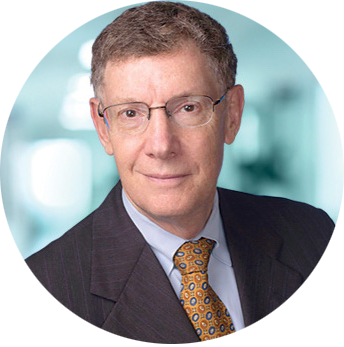Leading a happy, healthy retired life is a goal regardless of one’s current stage during a journey to retirement. Most of us want to have had successful careers followed by a long, enjoyable, and satisfying dividend at the end of our formal working years.
“Eight Habits of Successful Retirees” by Joe Hearn presented cogent thoughts, which I’ve reviewed, modified, and ranked in what I think fits with many of the principles of living a long, happy, and healthy life.
- Be healthy. Before modern medicine, infectious diseases—influenza, diarrhea, and tuberculosis—were the most common causes of death. Now heart disease, cancer, and stroke typically are the most diagnosed. Most recently, COVID has taken a toll, hopefully only transiently. Dr. Michael Raizen, who was instrumental in developing the RealAge test by Sharecare, which compares one’s chronological and physiological ages, has stated, “Before you are 35, it’s your genes that take you; but from 35 onward, it’s your choices.”
- Foster meaningful relationships. Throughout life, people who have friends, networks, and relationships flourish personally and professionally. Younger folks have a great many friends though their school and professional years. Over time, typically the number of friendships decreases, but the intensity of the remaining relationships increases. Fewer deeper interactions coalesce quite commonly with siblings and former colleagues.
- Do meaningful work. Gathering up the wisdom and experience of a career or many careers with subsequent sharing is both worthwhile and fulfilling. Helping the next younger generation is not only altruistic but also gives thanks to those who helped the present generation reach an age to enjoy the fruits of their labors. The old sage question “When is the best time to plant a tree?” has the smart answer: “Twenty years ago, but a next best time is right now.”
- Choose positivity over negativity, active over passive, adventure over inertia. Stay interested and engaged while taking on new responsibilities to help others—not to compete with younger folks but rather to support them. Be open to new ideas, activities, and adventures—the stimulation will keep your mind and body in shape. We would all rather wear out than rust out.
- Take risks that, like the above suggestion of saying “yes,” create new adventures. Being prudent—wearing seatbelts, driving safely, and observing other sensible practices—are, of course, essential. But visiting a new destination, trying an unfamiliar sport, and meeting new folks are all stimulating and will pay dividends physically and mentally.
- Live with a sense of urgency. Time matters—no one knows how much healthy and active time is left. A smart colleague shared that you can pretty much predict the amount of money you will need over the rest of your life, but your healthy time is uncertain. Obviously, following all eight principles improves the odds in your favor, but still bad things can happen; so make the most of every day.
- Retire to something, not from something. If you aren’t happy at your day-to-day job, then try to change your occupation or profession. Unhappily looking for an escape as you retire probably means you have waited too long to make a change. Retrospectively, the effects of this delay may be irreversible, but this thought needs to be included if you are still young enough to change direction.
- Retire based on your bank account, not your birthday. Objectively, one can plan for the resources needed in retirement. This calculation doesn’t have to be exact but should include a cushion built in so that unforeseen inflation or other expenses don’t leave you short. Most older people have some persistent anxiety about out-living their funds. Alleviate that fear with careful planning and saving early in life. Albert Einstein famously said,“Compound interest is the 8th wonder of the world. He who understands it, earns it; he who doesn’t, pays it.”
Starting with the end in mind, a Stephen Covey principle, and avoiding surprises will make a world of difference by adding bonus years of happiness, satisfaction, and contentment. Looking back with satisfaction while continuing with an enjoyable, productive next chapter will multiply the chances to experience a longer, happier, and healthier life.






